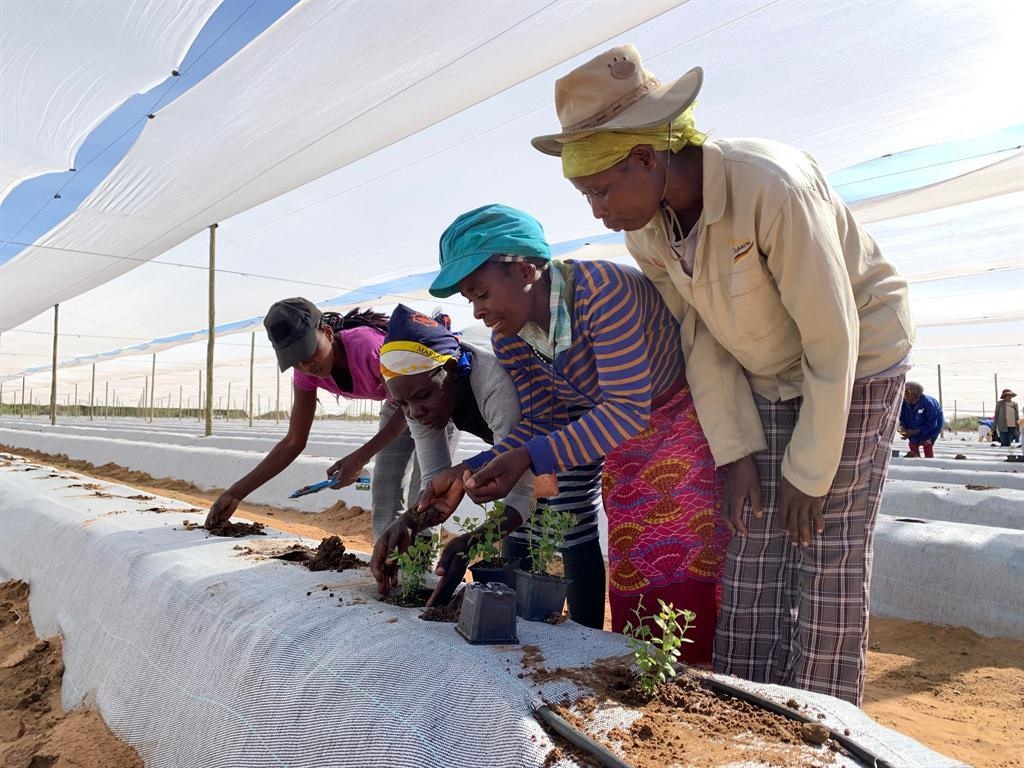NAB visits Kavango East during familiarisation trip
The Namibian Agronomic Board (NAB) embarked on an annual familiarisation trip for its board members and advisors to the Kavango East Region last year.Kavango East is one of the seven production zones in the country.
According to the NAB, its familiarisation trips are aimed at creating a platform for board members - as industry leaders - to network with agronomy and horticulture producers, traders and processers.
This is a way to share success stories as well as challenges faced by farmers on the ground, it said.
“This ensures that board members effectively deliberate on regulatory matters that can enhance the development of the crop industry and thereby make informed decisions.”
According to the NAB, familiarisation trips are also used as a tool for recognising industry milestones and opportunities achieved within the value chain through the implementation of various policies and mechanisms.
Specialised inspection
During the visit, NAB CEO Dr Fidelis Mwazi highlighted the importance of employing staff members who are capable of providing specialised inspection services for controlled crops such as blueberries and citrus, especially now that the board has signed a service-level agreement with Global Good Agricultural Practices.
This is centred around capacity development and facilitating the adoption of local good agricultural practices.
The primary farm assurance standard for implementation at farm level and integration within the regulatory system is administrated by the NAB, it said.
“This is to ensure that products exported from Namibia meet international standards and that they compete fairly with other certified products in the market,” Mwazi said.
During the trip, the board visited the KEME, Salem community and Mashare irrigation projects.
KEME is a Deutsche Gesellschaft für Internationale Zusammenarbeit-funded project in the Ncamangoro constituency that produces various horticultural products. It has a well-established market with local traders and more than 20 full-time workers.
Salem is a community-run project with 43 active members who all make a monthly contribution of N$300 per hectare for its upkeep and successful operations. Members consist mostly of women from the surrounding villages.
Meanwhile, Mashare irrigation is a large-scale project that produces various horticultural and agronomic crops. It started to produce blueberries on a large scale, and was the first of its kind in Namibia.



